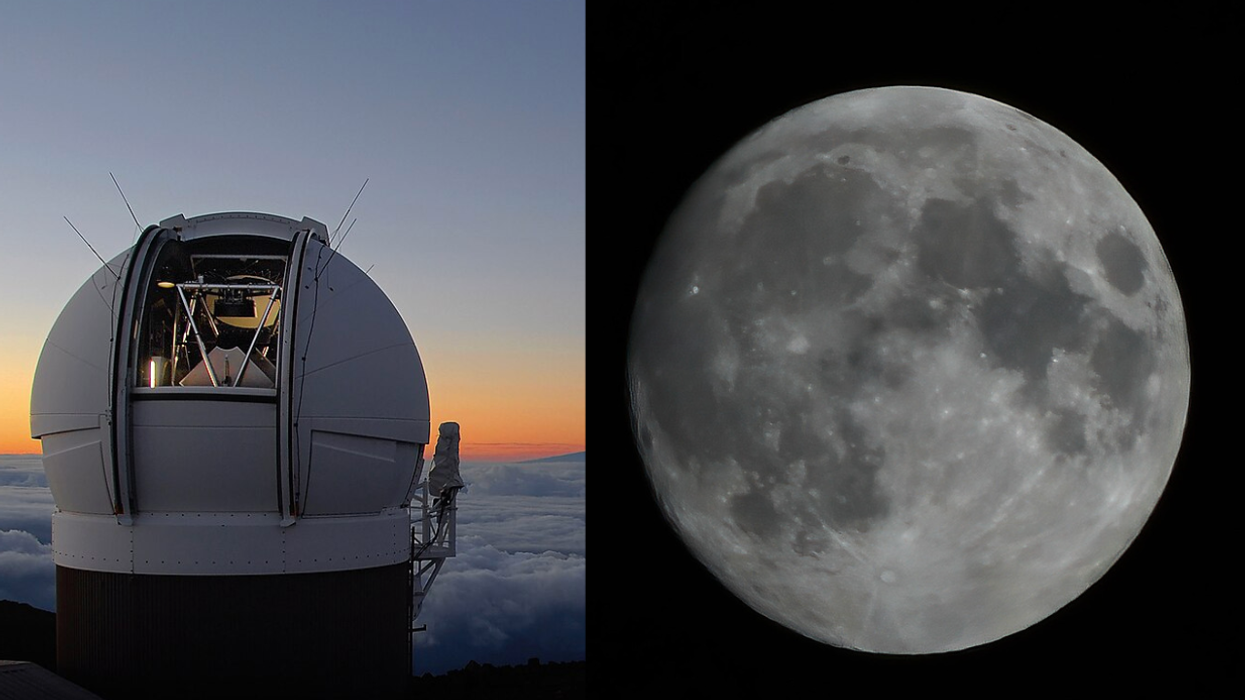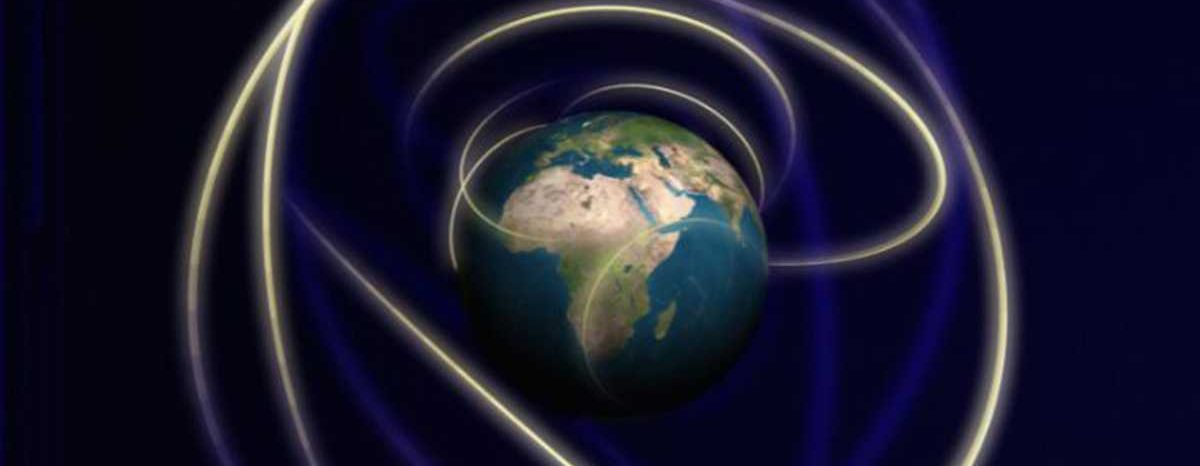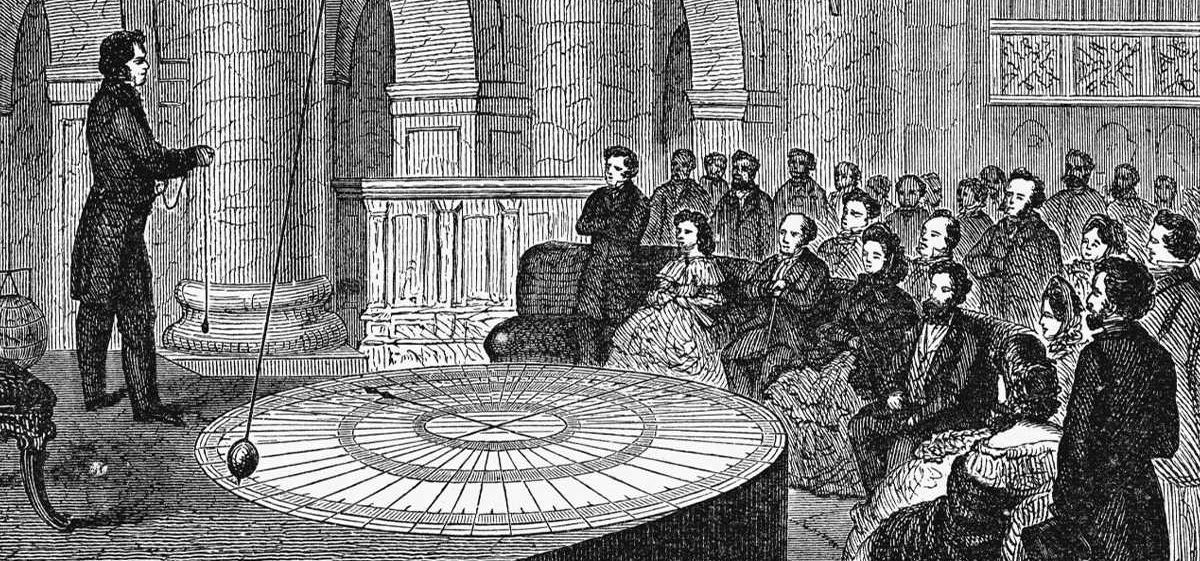These days, it seems like anti-scientific thinking is everywhere. Every day there are stories in the news about anti-vaxxers, QAnon conspiracy theorists, and climate change deniers.
America is still a country of people who are skeptical about evolution and there are a lot of people who believe in unscientific health practices such as homeopathy, aromatherapy, and detoxification practices.
There is also growing antiscientific sentiment when it comes to the role that biology plays in psychological disorders.
All in all, people tend to believe science until it conflicts with how they wish to see the world, and then they'll throw it aside and chalk it up to some form of bias. There is also a huge contingent of people in the political world who traffic in anti-science views to appease their wealthy corporate donors.
Remember when politicians used to try to convince people that cigarettes weren't dangerous?
However, as astrophysicist Neil de Grasse Tyson once said, "The good thing about science is that it's true whether or not you believe in it."
So, given the fact that anti-science views appear to be coming out of everywhere, Americans must be losing their faith in science, right? Not so fast.
According to a s report by Pew Research, "44% of Americans overall have a great deal of confidence in the scientific community, while 47% have only some confidence and 7% have hardly any. This was roughly the same share as in 2016, when 40% said they had a great deal of confidence in scientific leaders."
So, as of two years ago, trust in scientific leaders is actually on the rise.
A 2020 study published by Pew Research found that large majorities also have at least a fair amount of confidence in scientists (87%) and medical scientists (89%).
In fact, nearly 50 years of study shows the number of Americans who have a great deal of confidence in scientific leaders has remained pretty much unchanged since the early '70s.
Studies show that having a great deal of confidence in science has a lot to do with one's educational background. "For example, 54% of those with a postgraduate degree have a great deal of confidence in scientists, compared with 32% of those with a high school degree or less," Pew Research writes.
So, next time you log on to Facebook and see people posting stories about how Bill Gates is trying to control the world through a vaccine or that the Earth is only getting warmer because the sun is getting hotter. Don't jump out of a window. Take a deep breath.
America has always had a small, but vocal group of science deniers and we're likely to have them well into the future. The good news it looks like these groups may be getting smaller even as their voices are growing louder.
One way that we can all fight back against science deniers is by learning how to talk with them in a way that will actually change their opinion. Scientific American can teach you all about it, here.



















 Relaxing to music.Photo credit
Relaxing to music.Photo credit  Music and a good run.Photo credit
Music and a good run.Photo credit 
 Artist rendering of Earth with satellites traveling around it.Image via
Artist rendering of Earth with satellites traveling around it.Image via  Drawing of Leon Foucault with pendulum showing Earth's rotation.Image via
Drawing of Leon Foucault with pendulum showing Earth's rotation.Image via  The Earth rotates.
The Earth rotates. 

